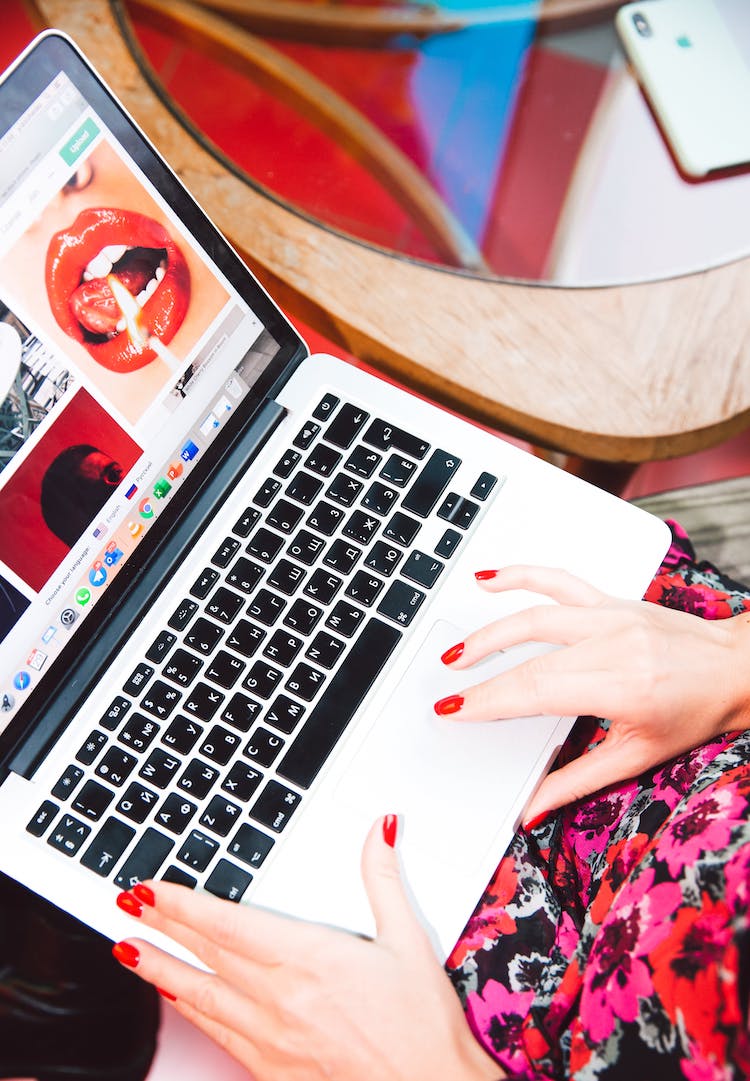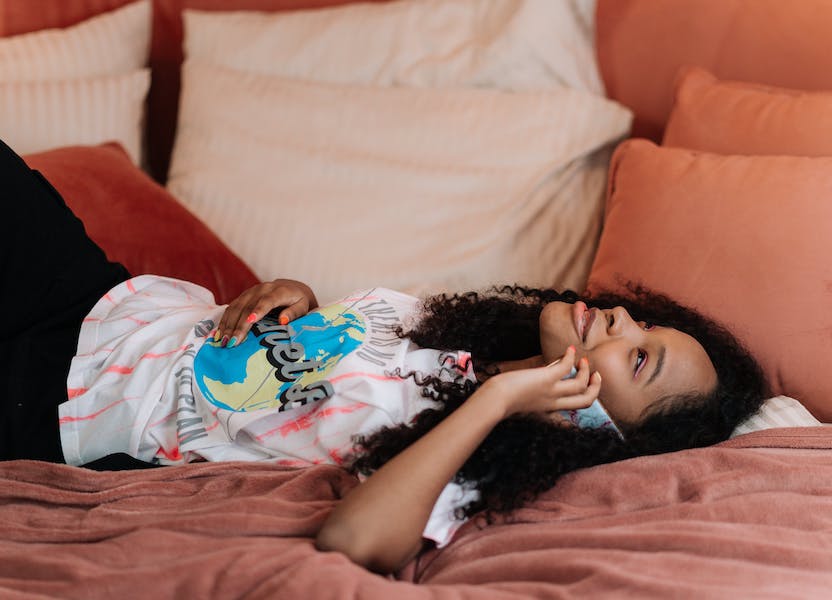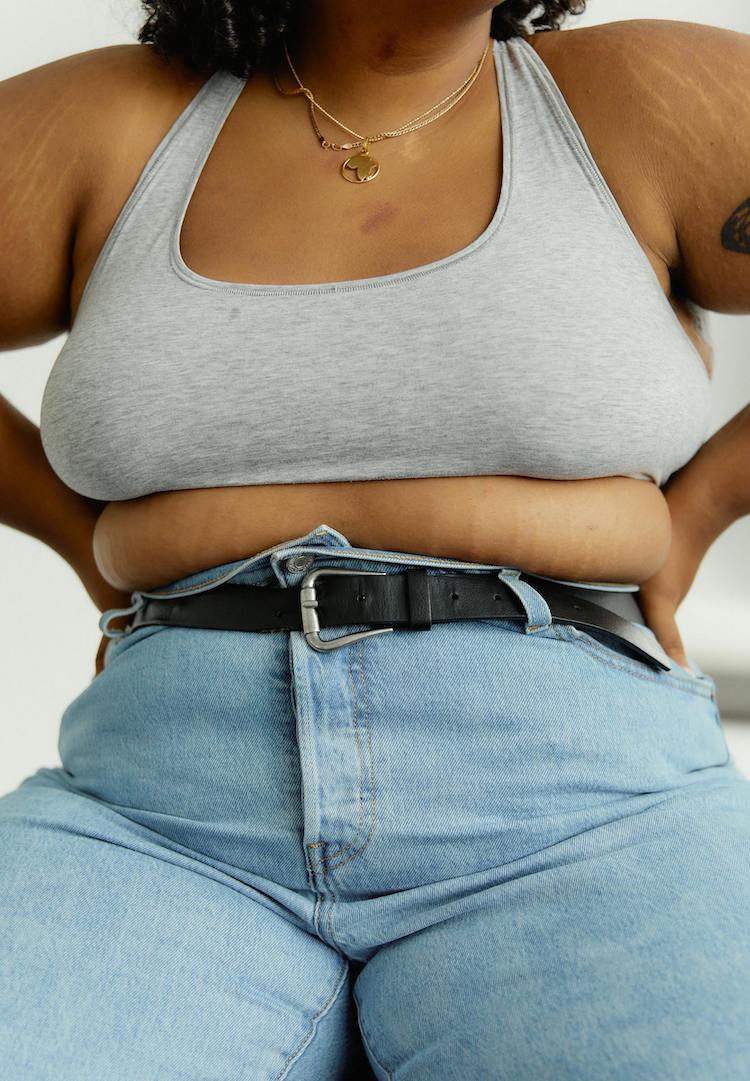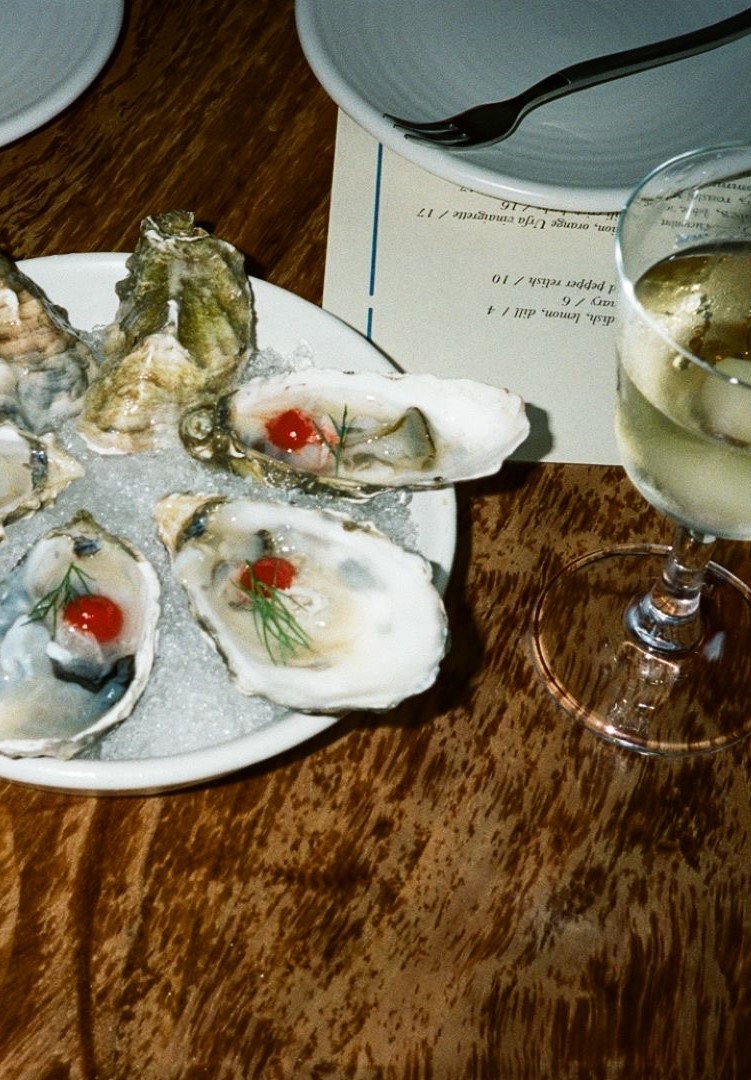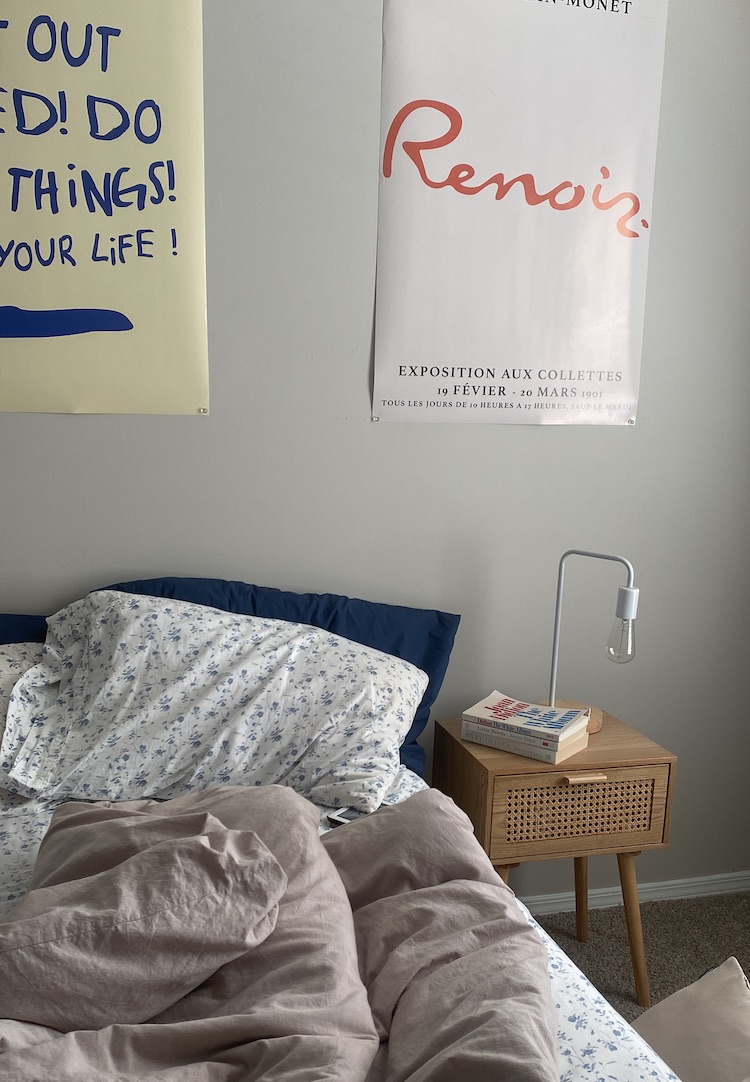Help! Every time I have great sex, I fall in love
words by Ruby Staley
Zero to 100 real fast.
Love is blind, yes, but for me, it can be blinding. Time and time again, I’ve adopted a sped-up approach to dating, and embarrassingly, have even felt passionately in love with someone I was on a first date with.
Although it felt real at the time, in these moments I was simply confusing lust with love, because how could I possibly love someone after knowing them for five hours? I couldn’t – it’s simply infatuation.
For more sex advice, head on over to our Life section.
Don’t get me wrong, I don’t instantly fall in love with every person I date. That would be a nightmare. Usually, this kind of thing only happens after some seriously steamy sex. While fun at the time, these connections are usually short-lived and typically end in ghosting or developing the dreaded ick.
Not only is this a mortifying condition, but it also completely hinders my dating life. To help me out a little, I spoke to Jiveny Blair-West, an online dating and relationship coach and author of How to Make the Biggest Decision of Your Life, to shed some light on how to keep your wits about you, even when the sex is great.
Hey Jiveny, thanks for chatting! In your opinion, what’s the difference between love and infatuation, especially sexual infatuation?
So many people confuse infatuation with love. They also think that love is a feeling. The problem with equating love to a feeling is that feelings come and go. So, the way that we redefine love in our book is as a commitment, as choosing to be committed to someone. A big thing I see is that people will go on dates looking for chemistry, and if it’s not there immediately then they don’t think there’s anything there.
But love actually takes time to grow. Infatuation can be more instant. If you go into the psychology of it, this instant connection is a reflection of the blueprint that we’ve grown up with and meeting someone who seems familiar to us. It’s that familiarity that makes us feel connected to someone much more quickly than we actually should.
Because we’ve all had imperfect parents who have wounded us in different ways, our unconscious mind can recognise those similar traits and think that this person can reflect those past wounds and experiences, and if I can let it be different this time, then I can heal and move on. But it’s such a flawed strategy because when we get into those challenging relationships, then we often regress into our child selves [but] with fewer resources than our adult selves.
Why do you think people tend to conflate good sex, or intimate connections, with love?
We’ve been indoctrinated with the Hollywood storyline of meet-cutes and love at first sight. So, when we feel those feelings, we think this must be love. But it’s just not most of the time. Usually, it is just infatuation or desire. Part of it is conditioning and our expectations around dating and love which is where a lot of us get into trouble.
There are also the hormones that get released during sex that bond us – particularly the oxytocin – because we feel like we’re being vulnerable, and vulnerability is a big cornerstone of building a relationship. For some people, it doesn’t feel that vulnerable, but there is this experience of closeness and intimacy, that also plays into confusing lust and love.
It’s even harder now because of the online dating scene where it feels like there are always more options. In terms of building a strong relationship, how could you harness feelings of infatuation to create a healthy relationship?
The biggest thing when it comes to building a healthy relationship is ‘Is there compatibility?’. If we’re dating for love, and we hook up with someone who’s dating for fun, and then we feel all these feelings it’s really difficult for it to go somewhere if they’re just not on that level. We can’t trick them; we can’t convince them.
If you’re dating for love, the most important thing is all about actually choosing a partner. Most people just go dating looking for feelings and then they end up in relationships that aren’t healthy or aren’t with someone who’s compatible with them. We can fall in love with all different kinds of people, but the question is who is going to be the most compatible with the life we want to live.
It can be quite backwards and difficult if we’ve jumped into bed with someone and we feel all these feelings to then try to turn it around into a relationship. Occasionally it does work because you happen to jump into bed with someone who is compatible. But it’s very occasionally because a lot of the time we want different things. We really need to take into consideration life’s big questions because you can’t move forward and build a life together if there’s a big difference in your vision and values.
Coming from my perspective as a cis woman who often thinks too optimistically of partners in the early stages, do you notice this conflation of good sex with love often occurring more for women and non-binary people?
It’s a really interesting topic. I don’t have any clear data or statistics to back that up aside from stereotypes, but something that comes to mind is the theory of attachment styles. Have you heard of them?
Yes, I’ve read the book!
Yeah, so according to that theory, anxious people are generally more likely to rush in, feel the feelings and build on things. Whereas avoidant people are much more detached. Men, women, or non-binary people – everyone can have different attachment styles.
So gender doesn’t come into play then. Do you have any advice on avoiding feeling as if we have instantly fallen in love? How can we be a little more mindful?
The biggest thing that we found goes back to the psychology of attraction and is based on the Imargo Relationship Theory which was developed by psychologist Dr Harville Hendrix. It covers how we find ourselves unconsciously attracted to people who are familiar to us based on the experiences we had through childhood. With that in mind, if we had a scale of one to 10, the nines and the 10s are those people with whom you feel like love at first sight, intoxication and infatuation.
We actually want to avoid getting into relationships with them. Just to be clear, this is referring to the whole package not just the physical but how they make us feel. When we try to build a relationship with a nine or a 10, we are often going in with tinted rose-coloured glasses, because we’re overlooking the red flags and projecting our fantasy onto them. It’s not healthy because we’re not evaluating them properly. That’s when we can get hurt and when the childhood dynamics come into play.
Ideally, we want to be building relationships with people who are more a six, seven or eight. This is a very different idea from how people approach dating, because usually, it’s more of a black-and-white, do I feel sexually attracted to them or not? Something I encourage my clients to practice is tuning into this scale because this is where the healthiest relationships are born. The beauty of that is, that if we start by building a relationship with someone there, there’s attraction, but it isn’t bowling us over. We can see them more clearly and get to know the real them and attraction will even grow over time to become a nine or a 10.
Practically that makes so much sense, but when you’re dating it’s so easy to forget those things and fall into the trap of attraction. For someone who’s approaching things a little more casually, do you have any tips on still being intimate and forming connections?
I think it’s important to be clear in your own mind, before you jump into bed with someone, [about] where you’re at. Are you hoping this will turn into something more? Or are you in a place where you can just have casual sex? If we’re looking for more, we don’t want to kid ourselves into thinking that jumping into bed with someone will help us to build a relationship, because that’s often where we get hurt.
It’s really important to check in on yourself and your reasons for jumping into bed with someone. Is it out of anxiety? Or is it because you’re ready for the next step, and it feels right and safe? If we’re looking for love, I suggest people hold off jumping into bed until at least the fifth date. That gives us time to really get to know the person.
Sex can be perceived as a way of validating a connection with someone. What are some other ways you can validate feelings that don’t include sex?
I think it’s great when we can get more comfortable with playing with sexual tension. That’s another reason why people are quick to jump into bed because the tension is there and they aren’t that comfortable sitting in it, so they want to diffuse it. Actually, a big part of passion comes from being able to sit in the tension, tease each other and play with that energy, it’s a very important ingredient to maintaining and cultivating long-term attraction.
For more on navigating sex while dating, try this.



